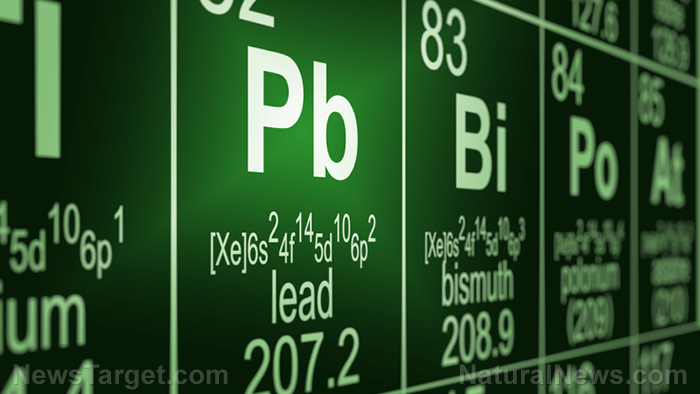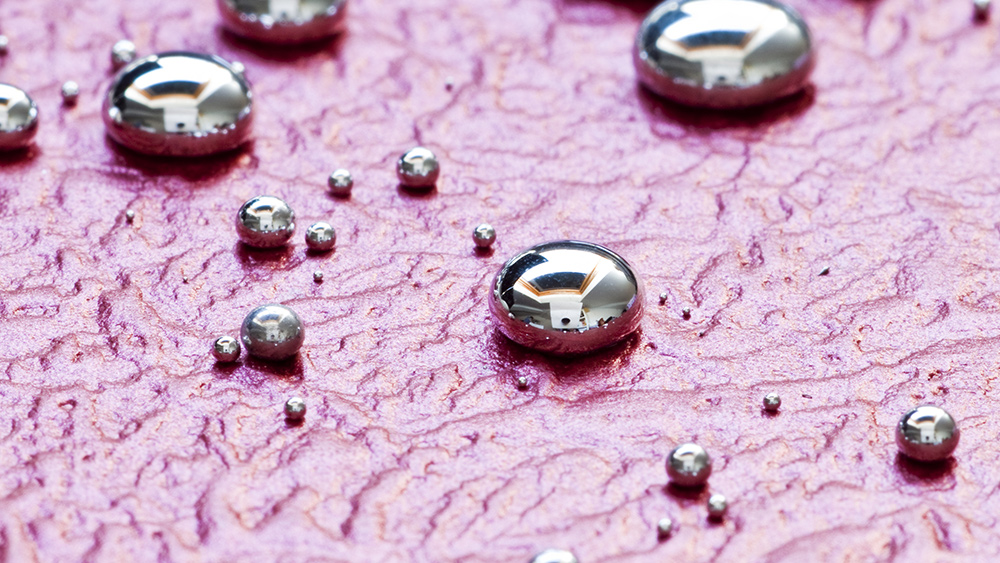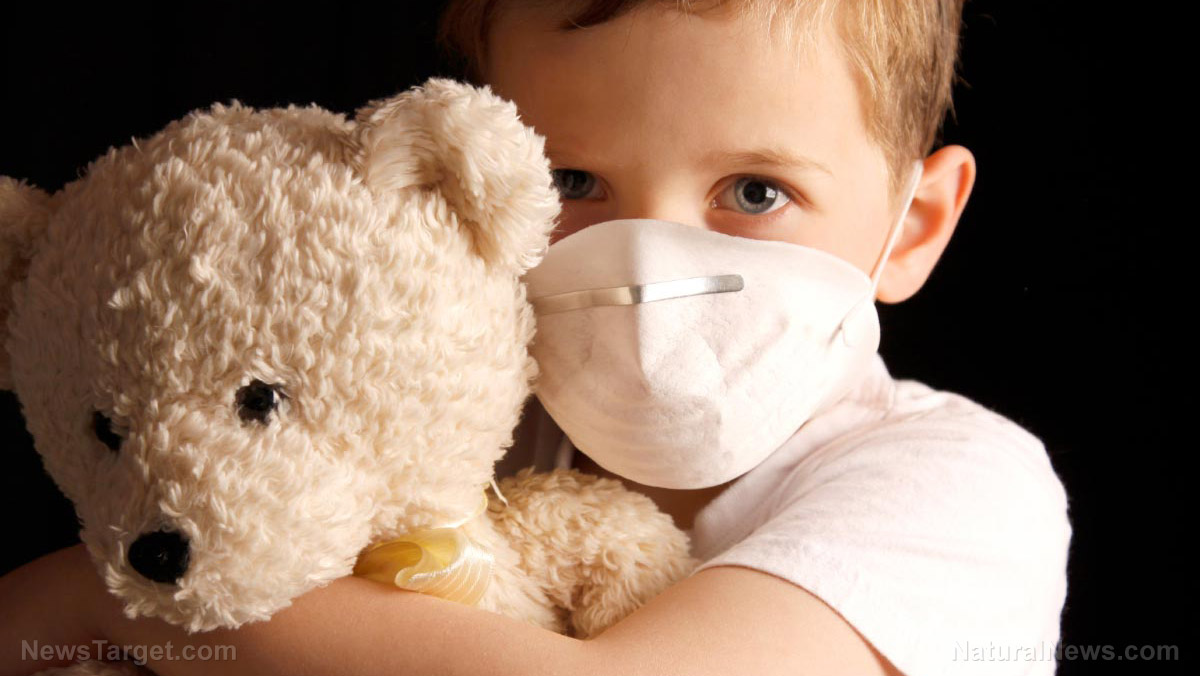BREAKTHROUGH science finds that exposure to toxic heavy metals (and deficiencies in nutritive minerals) linked to AUTISM
06/08/2017 / By Tracey Watson

Anxious parents the world over have been waiting a long time to get definitive answers about the causes of Autism Spectrum Disorder (ASD). ASD, which now affects one in 68 children, causes serious behavioral, social and communication issues. Though multiple studies have linked vaccines to the spike in autism rates – rates which have increased by 1,000 percent since 1990 – scientists have long insisted that the causes of the disorder are primarily genetic. A new study by researchers from The Senator Frank R. Lautenberg Environmental Health Sciences Laboratory and The Seaver Autism Center for Research and Treatment at Mount Sinai, proves that in addition to a genetic element, exposure to certain heavy metal toxins, as well as impaired uptake of some essential minerals during late pregnancy and in the early postnatal period, are also triggers for the disorder.
To identify specific environmental exposures that increase autism risk, researchers gathered evidence from baby teeth. Just as trees have individual rings for each year of life, baby teeth form new layers each week or so in the womb and in early childhood. Each layer provides an indelible record of what micro chemicals a fetus or child was exposed to at a specific age. The research team used lasers to study the layers and determine how children had been affected by varying levels of exposure to toxic elements like lead, as well as the essential elements manganese and zinc.
Lead is a dangerous neurotoxin, and the CDC warns that about six percent of all children under the age of five have toxic levels of this heavy metal in their blood. Children are particularly susceptible to the effects of lead because their nervous systems are still developing. [RELATED: Read about how lead in the drinking water poisoned the community of Flint, Michigan.]
Manganese is a trace element and essential mineral which is needed for healthy bone, cartilage, nerve and skin development. It also plays an important role in the body’s synthesis of cholesterol and fatty acids. It is found in beets, brown rice, beans, dried fruit, pineapples, whole grains and leafy green vegetables.
Zinc is an important trace mineral which is essential for the proper functioning of the immune system. It is found in high protein foods like eggs, meat, peanuts and legumes. [RELATED: Learn more about zinc here.]
The scientists reached their conclusions by examining the levels of these essential nutrients and heavy metals in the teeth of several sets of twins. In some cases, both twins were neurodevelopmentally normal, while in other cases, one of the twins had been diagnosed with ASD while the other had not. The chronological records in the teeth of the healthy twins were compared with those where one of the twins had autism.
“We found significant divergences in metal uptake between ASD-affected children and their healthy siblings, but only during discrete developmental periods,” said Manish Arora, one of the authors of the study. “Specifically, the siblings with ASD had higher uptake of the neurotoxin lead, and reduced uptake of the essential elements manganese and zinc, during late pregnancy and the first few months after birth, as evidenced through analysis of their baby teeth. Furthermore, metal levels at three months after birth were shown to be predictive of the severity of ASD eight to ten years later in life.” [RELATED: Protect your family by staying up-to-date at HeavyMetals.news]
This study is important, not just because it provides a warning to pregnant mothers and parents of newborns to be particularly careful of heavy metals in their environment, but because it once again reaffirms what the independent media and scientists have been saying for years: Heavy metals cause autism. Vaccines are full of heavy metals. Therefore, vaccines cause autism.
Sources:




















